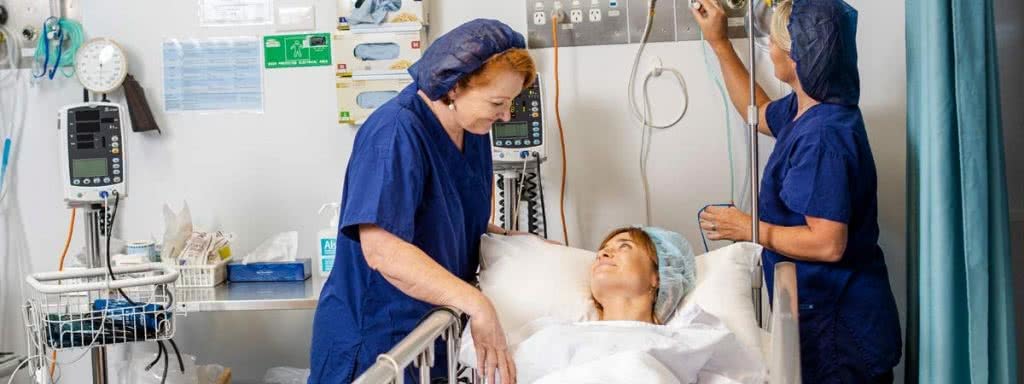
General Post Operative Instructions Following Surgery and Possible After Effects of General or Sedation Anaesthesia
PAIN / DISCOMFORT:
May be experienced after surgery. If necessary, take the pain relieving medications prescribed for you by your doctor. If nothing is prescribed, use Panadol or similar.
You may experience a sore throat as a result of your anaesthetic. This will almost always disappear within 24 hours.
NAUSEA & VOMITING:
May occur. If so, it should be of short duration only. If this persists for longer than 24 hours, call your Surgeon.
DIZZINESS & INABILITY TO CONCENTRATE:
Dizziness is common, so move slowly and carefully – there is no need for anxiety. Double vision may also occur for a short time, particularly after procedures around the eyes.
Difficulty in concentrating is experienced by some patients for a day or so after surgery. This is a temporary side effect and is not a cause for alarm.
BLEEDING:
Some bleeding or ooze may come from your wound or operation site. There is no need for alarm unless this persists or appears to increase. If it occurs, apply firm pressure for 10 minutes on the bleeding point. If persistent, let your Surgeon know.
DEEP VEIN THROMBOSIS (DVT):
Deep vein thrombosis (DVT) is a blood clot that can form in a vein in your leg. Although very unlikely, a DVT could develop following your surgery. Symptoms are pain, tenderness and swelling in the calf.
If these symptoms occur, or if you develop sudden shortness of breath, sudden chest pain or sudden onset of a cough (which may be associated with blood), please call your surgeon immediately or attend the nearest hospital emergency department.
INFECTION PREVENTION:
Following surgery, hand hygiene (washing your hands) is the number one way of preventing the spread of infection, e.g. before eating, before taking medications, before and after changing wound dressings.
EATING:
Begin with light refreshments. If you are not nauseated, return to your normal diet after a few hours.
ACTIVITIES:
The anaesthetic may affect your body for some hours and you are advised to rest for the remainder of the day. It is normal for you to feel a little drowsy during this time, so for 24 hours you should not:
- Drive a motor vehicle
- Operate hazardous machinery
- Make any important decisions
- Travel alone
- Engage in exercise or heavy work
- Drink alcohol

